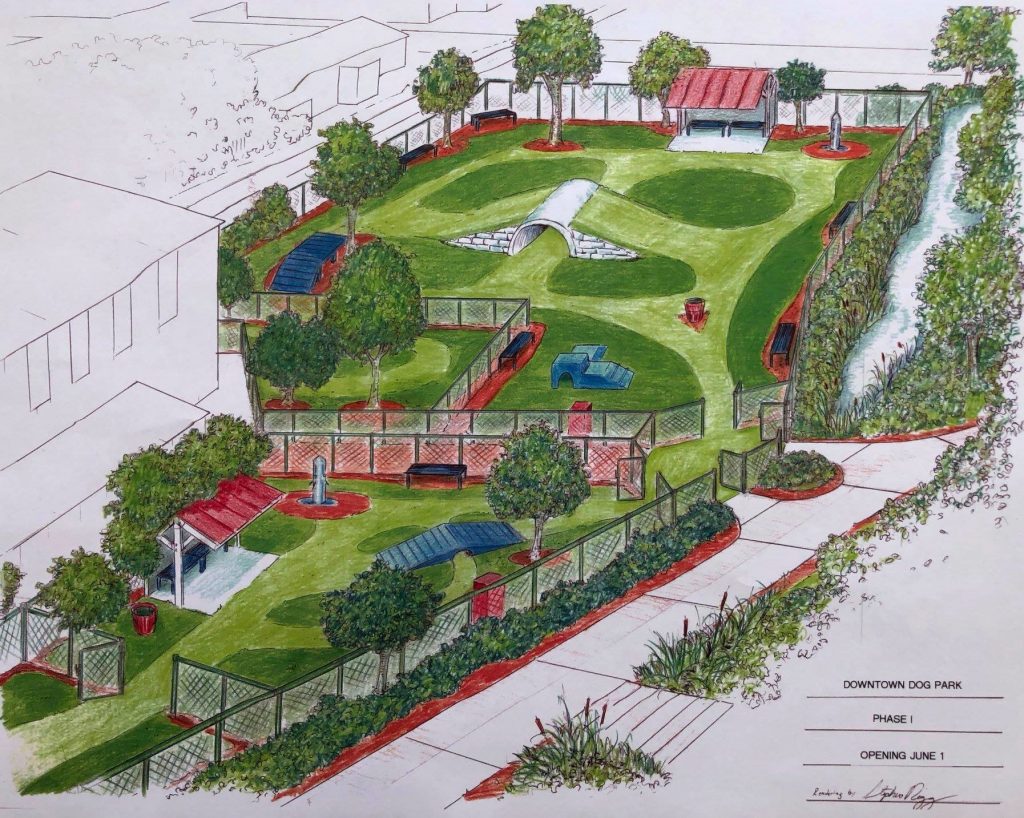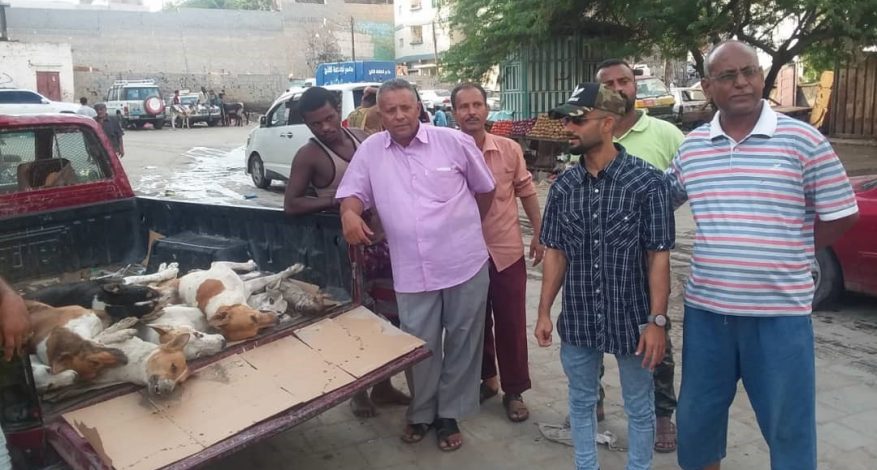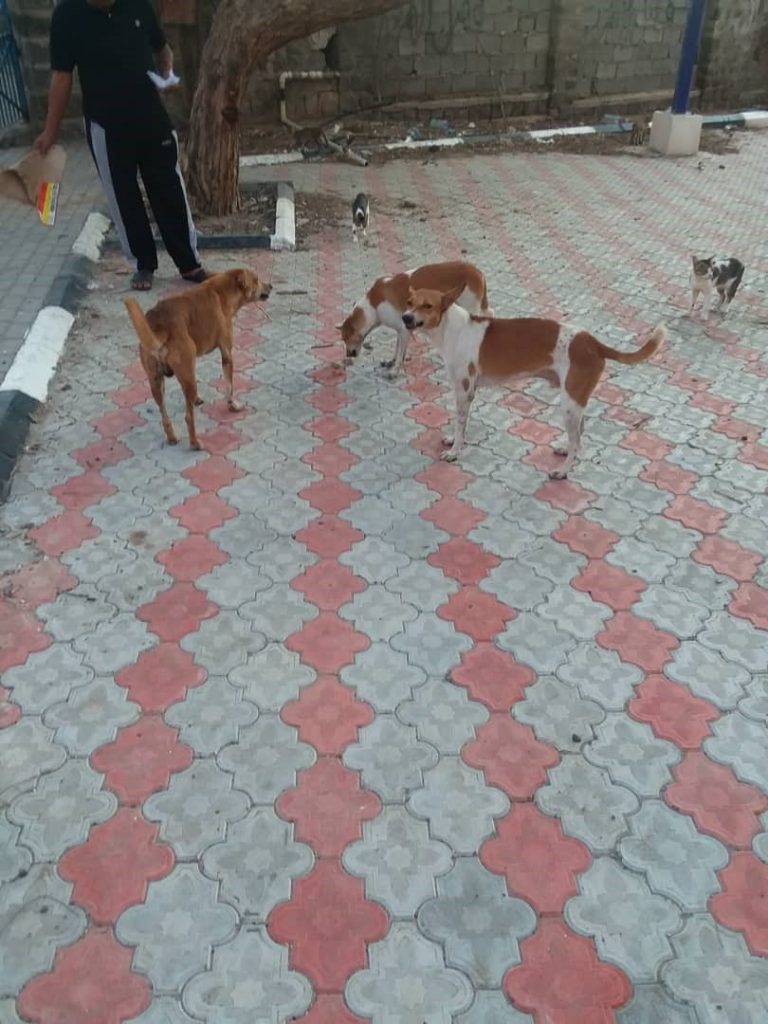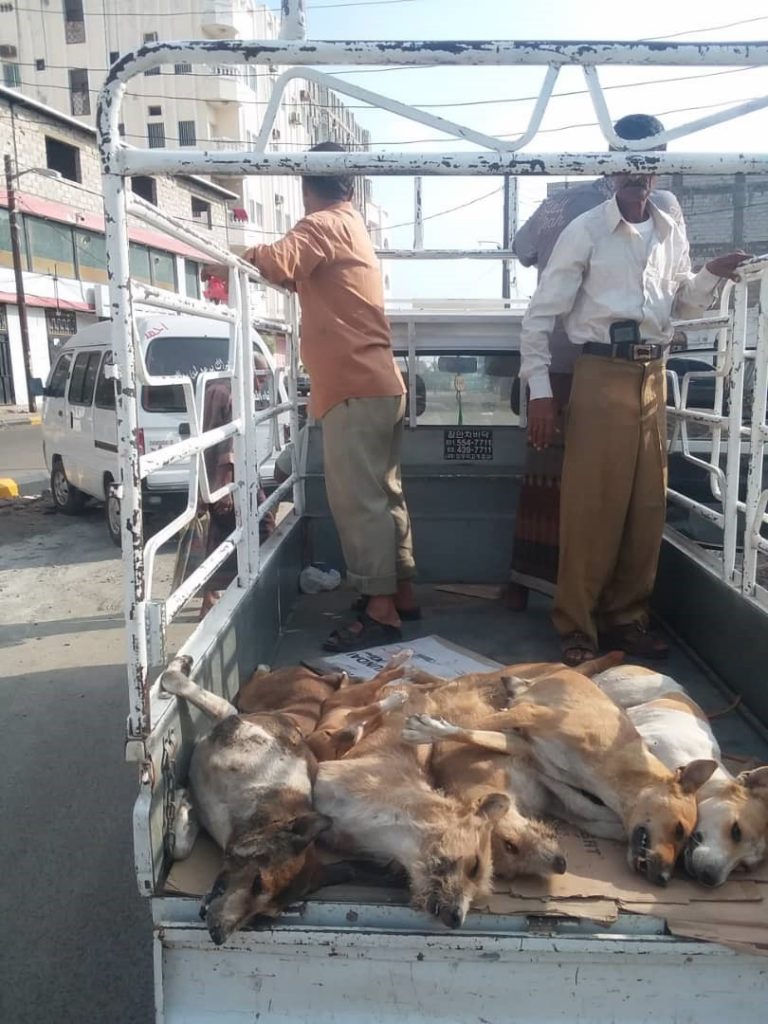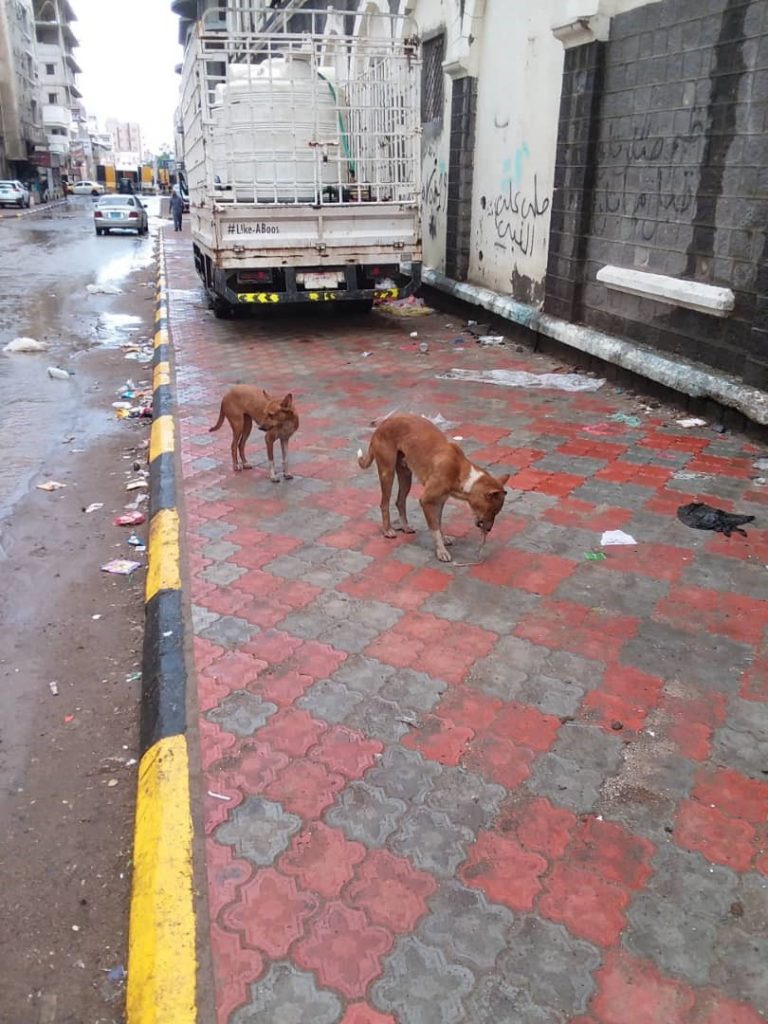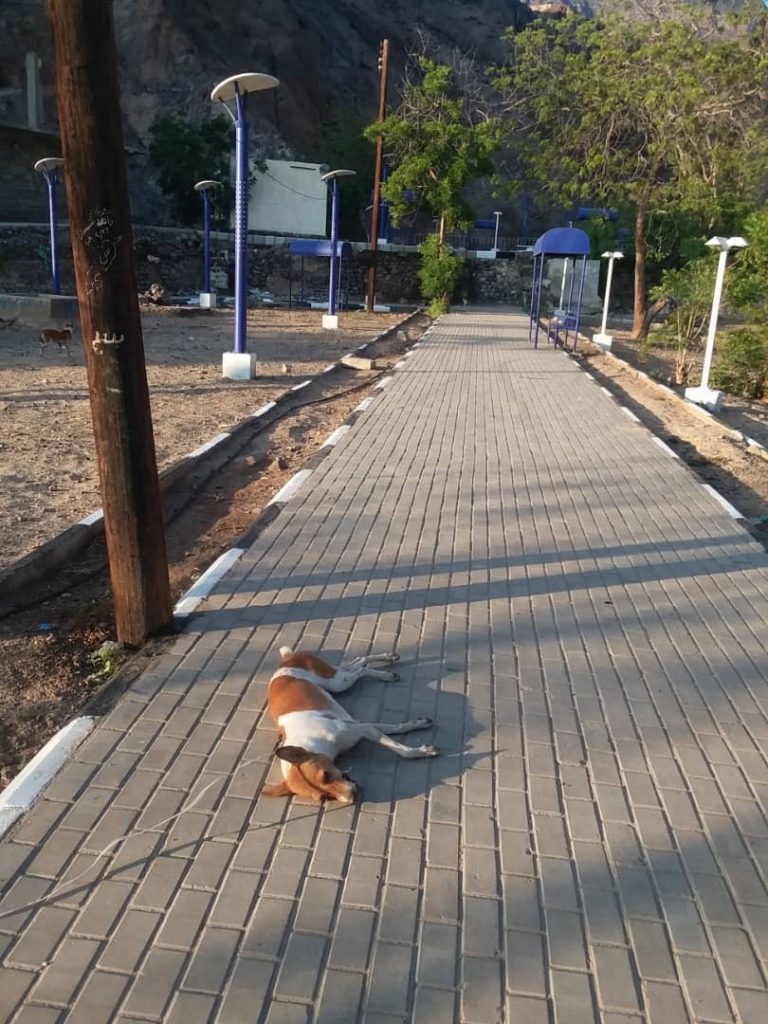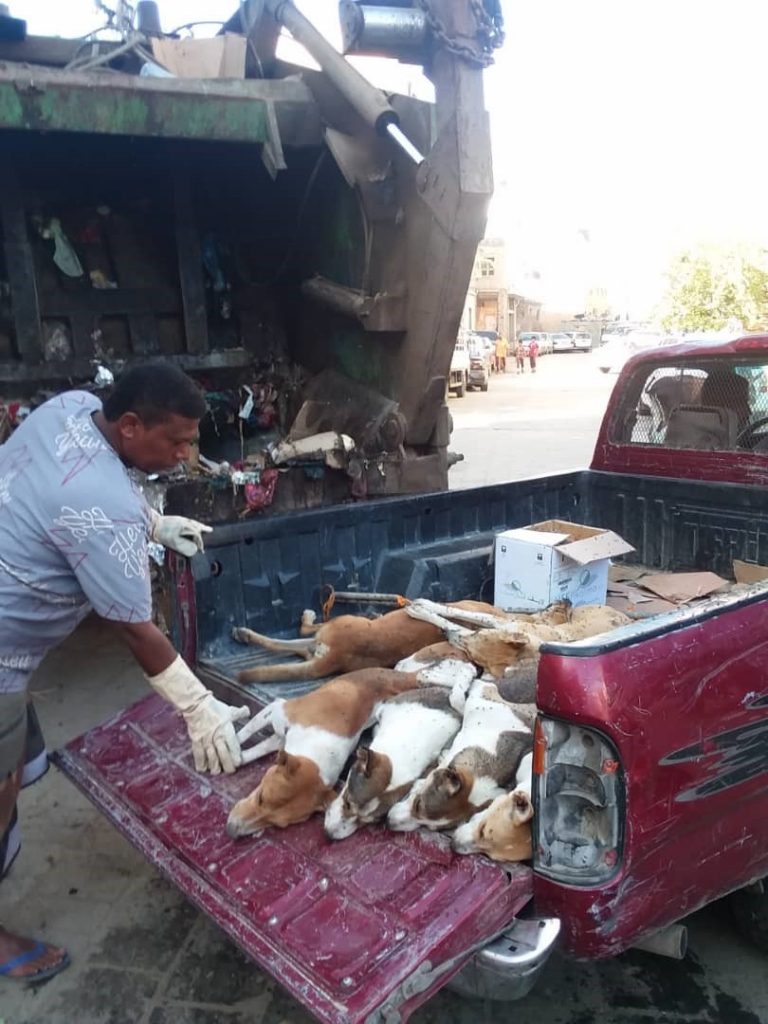A humane appeal to protect stray dogs

A humane appeal to protect stray dogs in Yemen
Sanid Organisation. Warns of the inhumane random campaigns against stray dogs.
Sanid Organisation has appealed to the local authorities in the governorates of IBB and ADEN in Yemen, it’s representative in the hygiene fund, to stop its inhumane genocide campaigns against stray and loose dogs.
An official source in the environmental protection unit of the organisation called for stopping these inhumane campaigns in combating dogs, calling on the concerned authorities to adhere to more humane alternative ways that will reduce the spread of stray dogs.
We confirm the organisation’s readiness to send a specialised team from the environmental protection unit in the organisation to provide advice and procedural plans in the targeted areas to implement campaigns in more humane ways to reduce the uncontrolled increase of the stray dogs and ensure the safety of the environment and the community in those areas.
We also confirmed the intention of the organisation to coordinate with its international partners and other international organizations to provide the necessary assistance and technical support to ensure the safety of dogs and reduce the catastrophic risks posed by the implementation of these random methods. Calling upon the local authorities in the regions and cities that intend to carry out such campaigns to refer to the organisation to avoid the environmental and health risks that may arise from these campaigns if they conducted in the same random ways because of the severe health risks to humans and the environment. On top of that, it’s against the world animal welfare act.
The project mission is to make significant progress towards achieving its objectives and results, as follows:
1- Providing animal welfare needs to the extent required by good practice.
For examples of proper practice requirements to meet the needs of care
for different types of pets, the relevant sections of this site for dogs and cats.
2- Strengthening of animal cruelty prevention.
3- Ensure that OIE standards for animal welfare applied at the national level.
4- Disseminate and develop knowledge of animal welfare in the region through effective coordination and communication, Education and capacity building.
5- Sustainable improvements in animal welfare practices.
